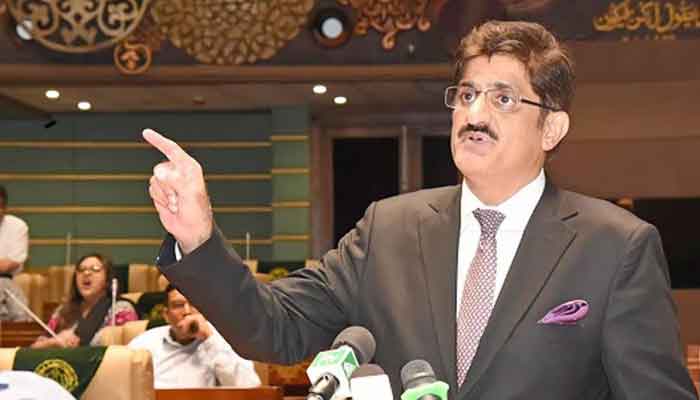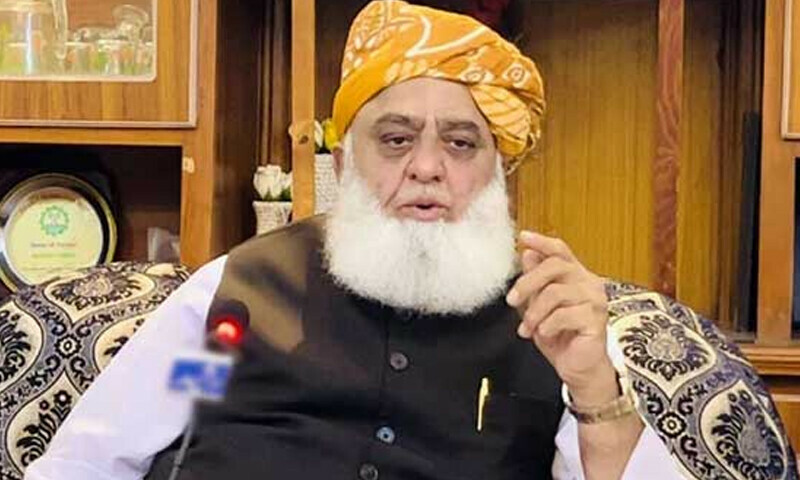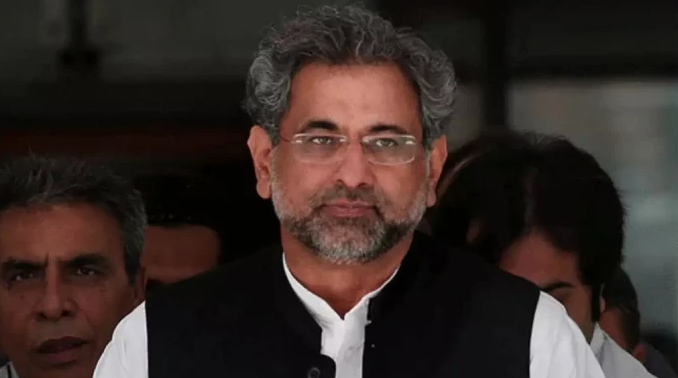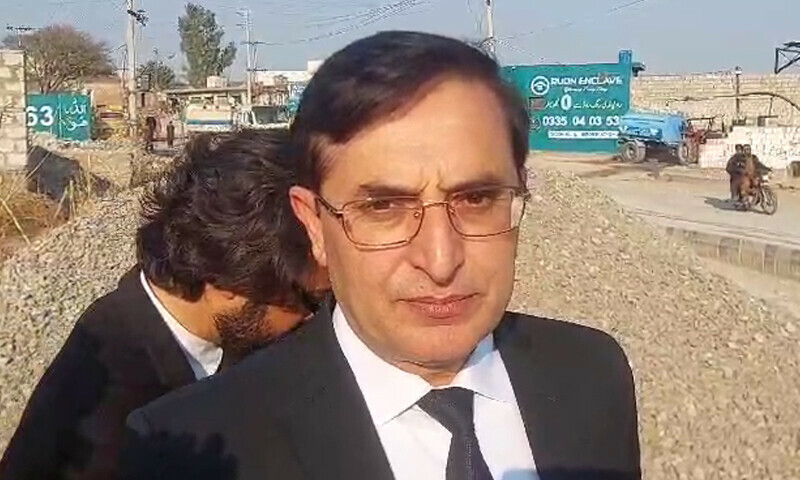POLITICS & POLICY MAKING

The Sindh Assembly has passed the Agriculture Income Tax Bill 2025 with a majority vote, following its approval by the provincial cabinet.
Sindh Chief Minister Murad Ali Shah, while addressing the assembly, expressed strong reservations about the federal government’s handling of tax reforms and its engagement with the International Monetary Fund (IMF).
Concerns Over Federal Control and IMF Agreements
The Chief Minister criticized the federal government's decision to exclude provinces from negotiations with the IMF. "It is wrong not to include the provinces in these discussions. Tax collection is a provincial matter and should remain so," he asserted.
Murad Ali Shah highlighted the Sindh Revenue Board's (SRB) consistent success in meeting its targets, contrasting it with the Federal Board of Revenue (FBR). "The Prime Minister himself has said that the FBR is a hotbed of corruption. The FBR's failures should not be used to undermine provincial tax authorities," he remarked.
Impact on Agriculture Sector
The Chief Minister warned that imposing agricultural taxes hastily could disrupt farming operations. "If farmers do not plant crops, where will we get food from?" he questioned. He emphasized that while tax reforms are necessary, they should be implemented thoughtfully to avoid burdening those who already pay taxes.
He added, "Landlords cannot simply fire employees when faced with losses, unlike industrialists. If agricultural income declines, many may abandon farming altogether."
Provincial Autonomy and Taxation Rights
Murad Ali Shah reiterated that provinces have a share in federal taxes and should have greater control over their tax policies. "The FBR falsely claimed that the agricultural sector does not pay taxes. This narrative is misleading and harms provincial rights," he said.
IMF's Role and Legislative Timelines
The Chief Minister revealed that the IMF pressured the federal government to impose agricultural taxes. "We were initially given a short notice of two to three days to respond to the IMF's demands. We sent our team and expressed our reservations," he shared.
He further explained that while the initial implementation date for the tax was set for January 2025, discussions led to adjustments. "We do not want the IMF program to be derailed because of us, but the provinces should not be made scapegoats," he cautioned.
Future of Tax Reforms
Murad Ali Shah emphasized the need for sustainable and fair tax reforms. "No government is happy about imposing taxes on its people, but reforms must be improved to ensure fairness," he concluded.




